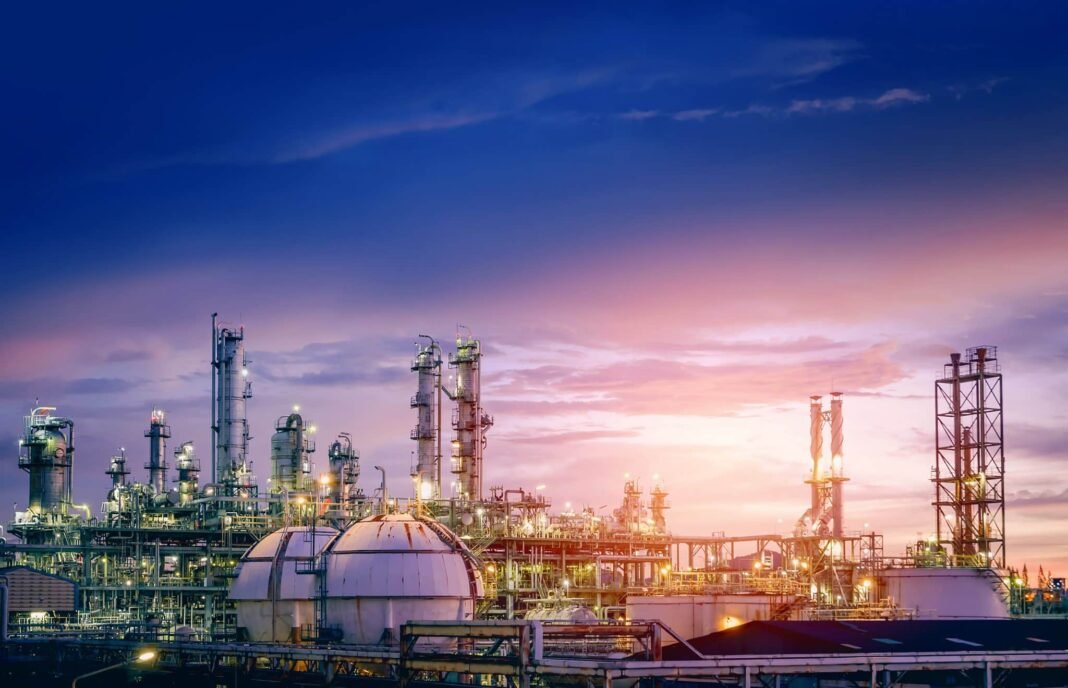Iraq’s oil output is set to increase significantly, as the country moves to expand production by the end of 2025. Oil Minister Hayan Abdul-Ghani announced on Wednesday that Iraq plans to raise its current output from 4.4 million barrels per day to 5.5 million barrels per day. This expansion reflects the government’s strategy to strengthen its energy sector and secure higher revenues for national development.
According to Abdul-Ghani, the Oil Ministry is carrying out large-scale drilling and rehabilitation of wells. Additionally, new pipelines and surface facilities are under construction, while advanced water injection systems are being implemented to maintain reservoir pressure. These measures aim to stabilize production and meet future demand.
Currently, 28 American companies are working with the ministry, including major industry players such as Halliburton, Schlumberger, Honeywell, Baker Hughes, and KBR. Service providers and subcontractors also play a crucial role in maintaining operations. Furthermore, discussions continue with U.S.-based Chevron regarding exploration rights in Nasiriyah and Salah al-Din provinces.
Iraq has also deepened cooperation with British Petroleum. Agreements include producing 1.8 million barrels daily from the Rumaila oilfield and developing four oil fields in Kirkuk with an additional 450,000-barrel capacity. These partnerships highlight Iraq’s reliance on international collaboration to strengthen its oil sector.
Historical data shows Iraq produced over 4.4 million barrels per day in 2023, slightly below previous years. Between 2005 and 2019, output steadily rose, peaking at 4.78 million barrels daily. However, production has since declined. This new plan aims to reverse that trend.
Deputy Oil Minister Basim Khudair recently confirmed a five-year strategy designed to increase Iraq’s oil and gas capacity. By 2028 or 2029, the government intends to raise production to more than six million barrels daily. Earlier this year, Undersecretary Ali Maaraj projected a goal of seven million barrels daily within five years.
Energy analysts say these plans could reshape Iraq’s position in global oil markets. Increased exports may enhance Iraq’s fiscal stability, though challenges remain, including infrastructure limits and shifting global demand.
If Iraq achieves these ambitious targets, the nation could reclaim momentum lost in recent years. Its long-term growth, however, will depend on balancing production increases with international market dynamics.





